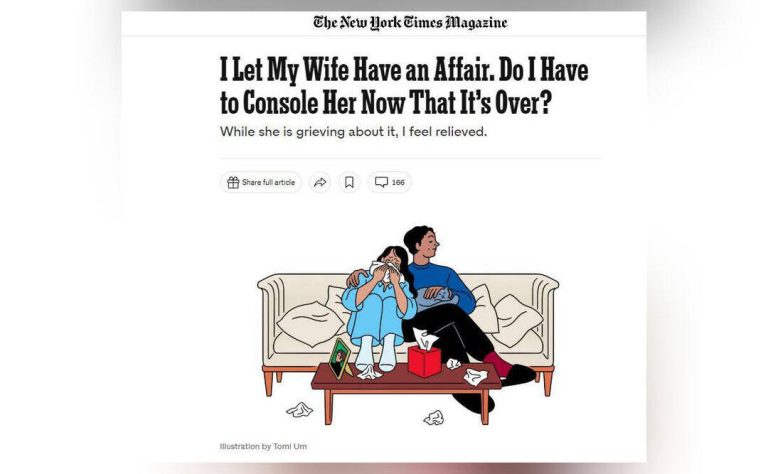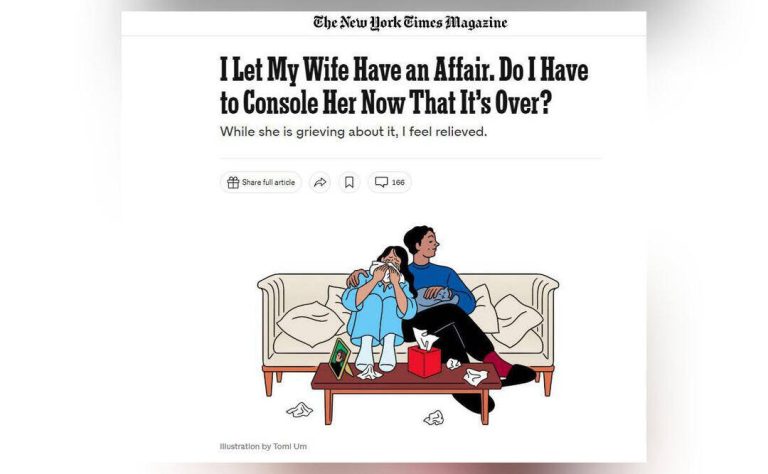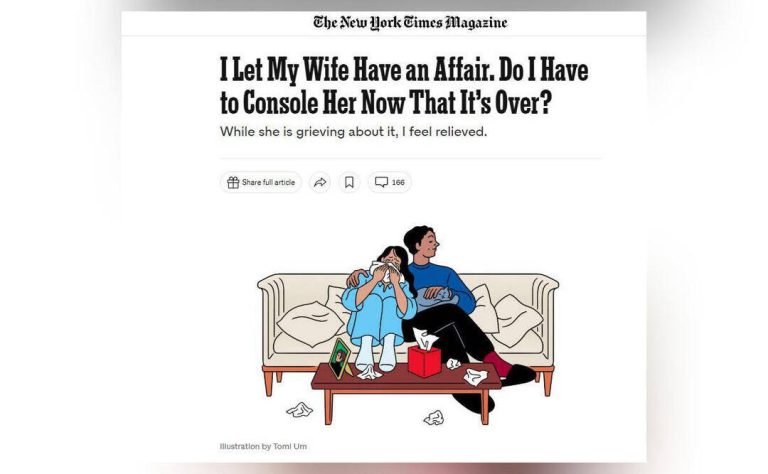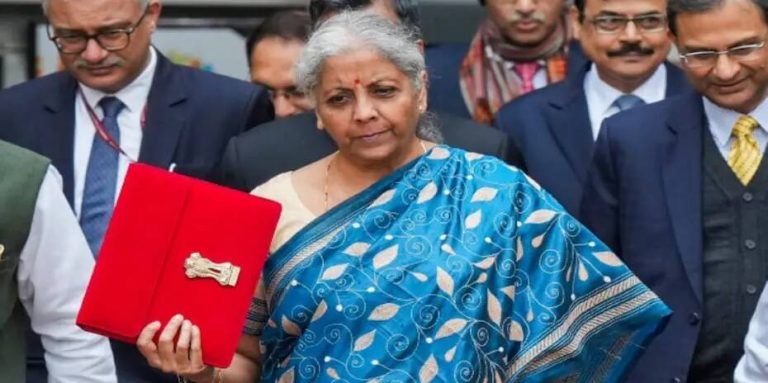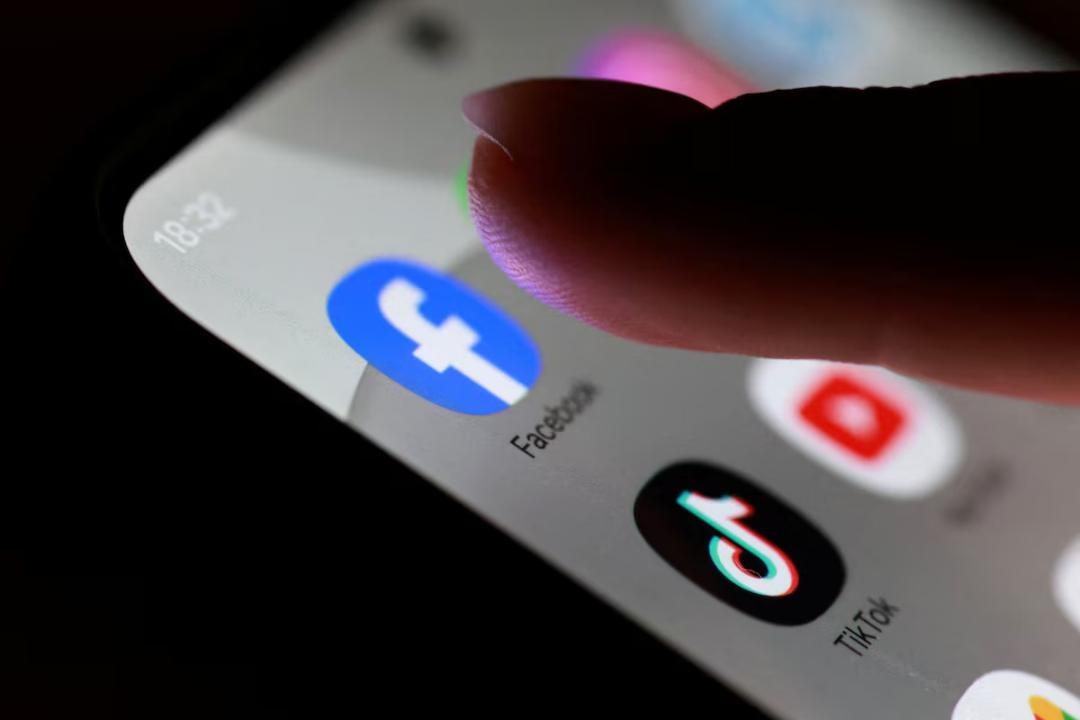
Australian teens ask nation’s top court to block social media ban
In a bold move, two Australian teenagers have taken their country’s government to the nation’s highest court, challenging a controversial law that bans social media for children under the age of 16. The law, which is set to take effect in just a few weeks, has been met with widespread criticism from civil liberties groups, tech companies, and young people themselves. The campaign group Digital Freedom Project has initiated proceedings in the High Court of Australia, with 15-year-olds Noah Jones and Macy Neyland named as plaintiffs.
The case has sparked a heated debate about the role of government in regulating online activity, the importance of free speech, and the potential consequences of restricting access to social media for young people. The law, which was passed earlier this year, aims to protect children from the potential harms of social media, including cyberbullying, online harassment, and exposure to inappropriate content. However, critics argue that the ban is overly broad, ineffective, and infringes on the rights of young people to freedom of expression and access to information.
Noah Jones and Macy Neyland, the two teenagers at the center of the case, are both avid social media users who believe that the ban will unfairly restrict their ability to connect with friends, access information, and express themselves online. In a statement, Jones said, “I use social media to stay in touch with my friends, follow my favorite sports teams, and stay up-to-date with current events. The idea that the government can just take that away from me is unfair and unreasonable.” Neyland added, “Social media is a big part of my life, and I don’t see why I should be banned from using it just because of my age. I’m capable of making my own decisions about what I do online, and I don’t need the government to protect me.”
The Digital Freedom Project, which is supporting the teenagers’ case, argues that the ban is a clear infringement on the rights of young people to freedom of expression and access to information. The group’s director, Kathryn Hunt, said, “This law is a classic example of overreach by the government. It’s a blunt instrument that fails to take into account the complexities of the online world and the diverse needs and experiences of young people. We believe that the High Court will see that this law is unfair, unreasonable, and unconstitutional.”
The case has also sparked a wider debate about the role of government in regulating online activity. While some argue that the government has a responsibility to protect children from the potential harms of social media, others believe that this is a matter for parents, educators, and the tech companies themselves to address. The tech industry has been vocal in its opposition to the ban, with many companies arguing that it is unworkable, ineffective, and will drive young people to use alternative, unregulated platforms.
As the case makes its way through the High Court, it is likely to have significant implications for the future of social media regulation in Australia and beyond. The world is watching as Australia becomes the first country to implement such a ban, and the outcome of this case will be closely scrutinized by governments, tech companies, and civil liberties groups around the globe.
In conclusion, the challenge to Australia’s social media ban for children under 16 is a significant test of the country’s commitment to free speech, freedom of expression, and the rights of young people. As the High Court considers the case, it will be weighing the potential benefits of the ban against the potential harms and the impact on the rights of young people. One thing is certain: the outcome of this case will have far-reaching implications for the future of social media regulation and the online lives of young people in Australia and beyond.
News source: https://www.reuters.com/world/asia-pacific/australian-teenagers-ask-high-court-block-social-media-ban-2025-11-26/
